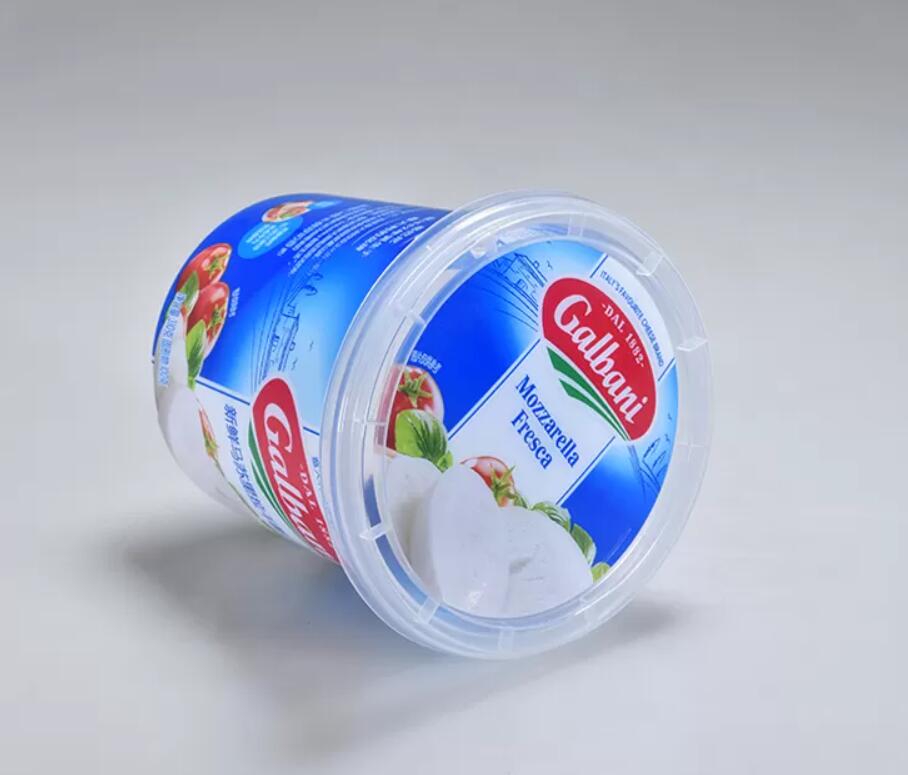Which container is best for ice cream?
When it comes to choosing the best container for ice cream, there are several factors to consider to ensure the quality, freshness, and presentation of the frozen treat. The ideal container should protect the ice cream from factors like freezer burn, temperature fluctuations, and external contaminants while also being convenient for both manufacturers and consumers. Here are some container options commonly used for packaging ice cream:
Paper Cartons: Paper cartons are a popular choice for packaging ice cream. They are often coated with a layer of wax or plastic to create a barrier against moisture and prevent the ice cream from sticking to the carton. Paper cartons are eco-friendly, easily recyclable, and can be customized with appealing designs and branding.
Plastic Tubs: Plastic tubs, usually made of food-grade polypropylene or polyethylene, are commonly used for packaging ice cream. They offer a strong barrier against moisture and are available in various sizes to accommodate different quantities of ice cream. Plastic tubs for ice cream are convenient, shatter-resistant, and can be resealed after opening.
Metal Cans: Metal cans, often made of aluminum, are another option for packaging ice cream. They provide excellent insulation and protection against temperature fluctuations, making them suitable for products that require longer shelf life. However, metal cans can be less common for retail packaging and are often used for bulk or institutional sales.

Flexible Pouches: Flexible pouches made of laminated materials are gaining popularity for ice cream packaging. These pouches are lightweight, space-efficient, and offer customizable design options. They are especially suitable for single-serve portions or novelty products like ice cream bars.
Gelato Pans: Gelato pans are specialized containers designed for gelato, a denser and creamier form of ice cream. These stainless steel or plastic pans are deeper than traditional ice cream containers and are used in gelaterias and specialty shops.
Pre-Packaged Cups and Cones: Individual portions of ice cream are often packaged in small cups or cones, sealed with a lid or film. These single-serve options are convenient for consumers on-the-go and provide portion control.
Environmentally Friendly Options: As sustainability becomes a priority, manufacturers are exploring environmentally friendly packaging options. Biodegradable, compostable, and recyclable materials are being used to create containers that align with eco-conscious values.
Customized Shapes: Innovative packaging designs, such as ice cream containers shaped like characters or objects, can add a unique and fun element to the product, especially in the case of children's ice creams.
When choosing the best container for ice cream, manufacturers should consider factors such as the type of ice cream (regular, gelato, dairy-free), intended portion sizes, storage requirements, branding, and environmental impact. Additionally, compliance with food safety regulations and labeling requirements is crucial to ensure the product's quality and safety throughout its shelf life. Ultimately, the chosen container should not only preserve the integrity of the ice cream but also enhance the overall consumer experience.



